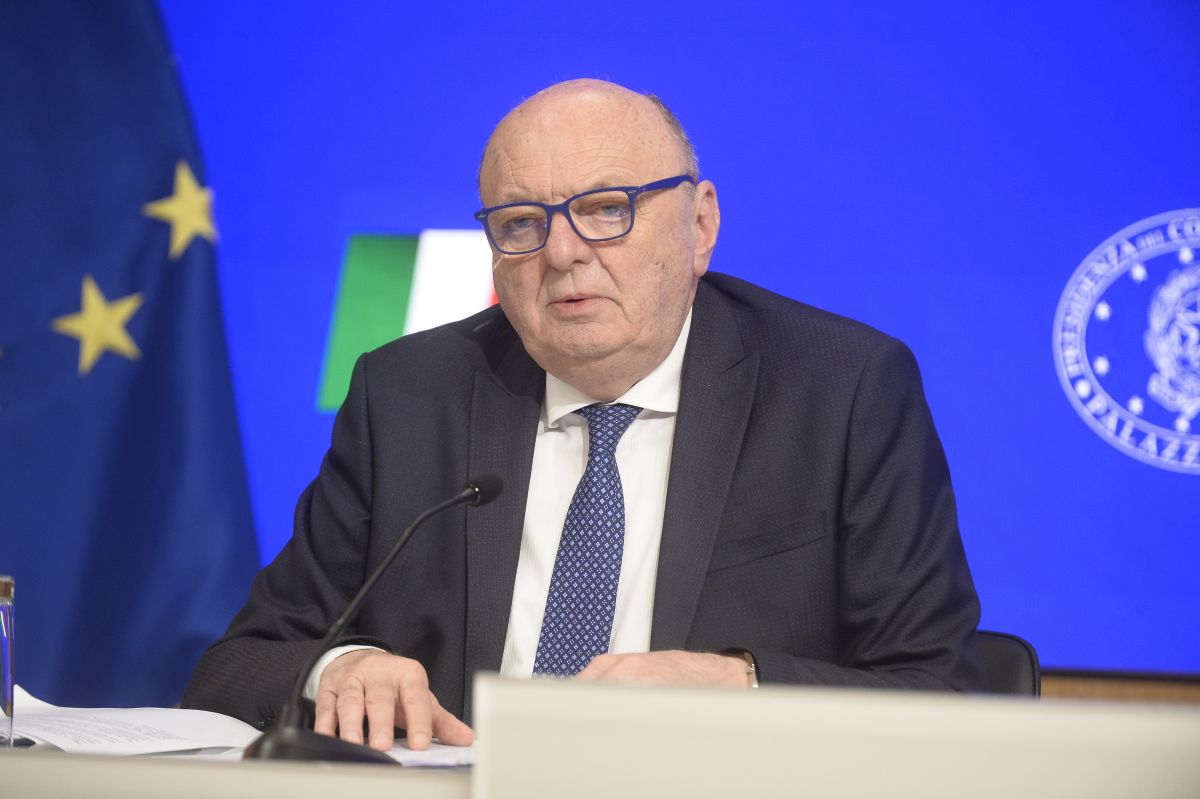ROME (ITALPRESS) – “In the circular economy sector, the government and the manufacturing world have common goals and compatible strategies to coordinate.” So said Environment and Energy Security Minister Gilberto Pichetto Fratin, speaking at an event organized by Confindustria at the European Parliament on the circular economy.
“Even in Brussels,” Pichetto recalled, “I have always resolutely supported the reasons of Italian companies in all fields, including that of the circular economy. With the dutiful political commitment put forth in defense of our country’s interests, we managed to impose substantial changes to the packaging regulation, a sector in which our country is a laboratory of excellence at the European level. We are convinced,” the Environment Minister reiterated, “that greater regulatory clarification is needed to ensure comparability, replicability and harmonization of technical requirements for by-products, secondary raw materials, end-of-life criteria and minimum environmental criteria for circular public procurement.
“We have therefore championed mutual recognition of these definitions among EU countries, as well as simpler rules and streamlined licensing procedures for critical raw materials. These steps,” he added, “are essential to reduce Europe’s dependence on third countries and ensure a stable supply of materials essential for green technologies, such as batteries and solar panels. An effective industrial policy, Pichetto argued, will need to integrate measures to create new raw material supply chains and a European market for secondary raw materials, support innovation in recycling processes, and promote a business culture that fully embraces sustainability and the circular economy. Italy’s ongoing efforts in all these areas,” the Environment Minister concluded, “show that we share an identical vision of sustainable development with our country’s companies and are ready to strengthen our collaboration to promote innovation, sustainable resource management and circularity throughout Europe.
-Photo Ipa/Agency-
(ITALPRESS).

